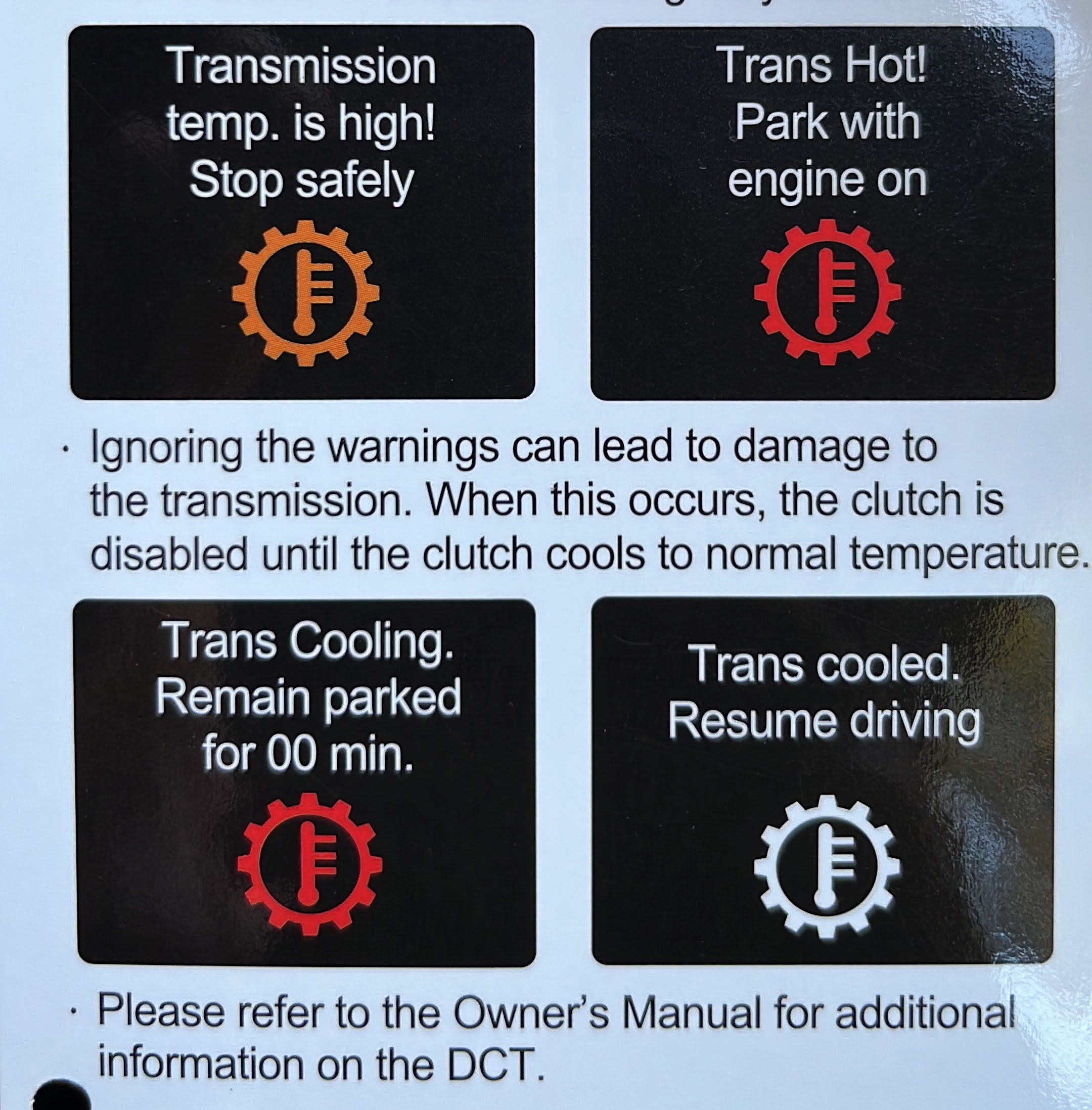Teamership: Avoid overheating
As the end of the year wraps, I thought that I would share a recent experience of an overheating car that reminded me of the risks of overheating and different ways to recover.
Yep, a metaphor about how we can all contribute better to our teams in 2024.
Overheating can be dangerous for cars and people. Active recovery is
the best course of action.
I was recently driving home after an early morning appointment. A few factors combined to cause me some hassles - hot weather and heavy traffic. This led to a lot of stopping and starting, which ultimately led my car flashing a warning that my automatic transmission was overheating and I needed to stop the car.
Rather annoying (and slightly concerning) in a car that is 18 months old!
One good aspect was the timing. It happened just before I got on to Sydney Harbour Bridge. Had it happened 500 metres later, I could have contributed to even bigger delays and been one of “those” people on the news that evening.
I pulled over and turned the engine off to allow the transmission to cool down before I made my way home. After half an hour, I turned the car back on and was surprised to see that not much had changed. Reading the manual a bit more closely, I saw that the manufacturer recommended keeping the engine on.
Once I did this, the transmission came down quickly over the next 15 minutes and I was able to get myself home. I didn’t realise it at the time (I was more focused on getting home and making my next appointment), but on reflection I realised that there were a few lessons to learn for myself - and hopefully others. Here is what I came up with:
Stopping and starting can cause overheating
The transmission suffered because of the ongoing stopping and starting. I have written previously about context switching and there is a bunch of research that indicates the challenges that arise from attention residue.
When we are on multiple teams, context switching and attention residue are inevitable. It does make sense to have strategies to minimise and manage their impact, though.
Passive recovery is often our instinct
My first instinct when the transmission overheated was to turn the car off and stop. It’s the same that happens to a lot of us at various times (and often at the end of the year). We notice that we are fatigued or not operating at our best and think that rest is the best thing for us.
There are benefits of rest, but often it doesn’t help us to recover our functioning as quickly or as well as we need.
Active recovery is often better
When I read the manual properly, I realised that the recommendation was to keep the engine running rather than stop it completely. This allowed the fan belt to cool the transmission more quickly.
For us, the equivalent is doing those things in our life that return us closer to how we want to function. They could be physical - like eating, exercising and sleeping (a surprisingly active process). They might be cognitive - reading or creating art. They might be social - connecting with people that energise you.
You don’t need to do a lot (much like the engine was only idling, not driving when it cooled the transmission), but the right type and level of activities can be a quicker and more sustainable path to the performance you are after.
So, as we wrap up 2023 and head into 2024, my hope for you is that you are able to spend some time on the activities that energise you and set you up to be the team member, team leader and person that you want to be.
A few questions for you to consider this week:
How do you want to show up in 2024?
What are the things that have caused you to overheat in 2023?
Which activities might help you actively recover and return for 2024 ready for sustainable performance?

